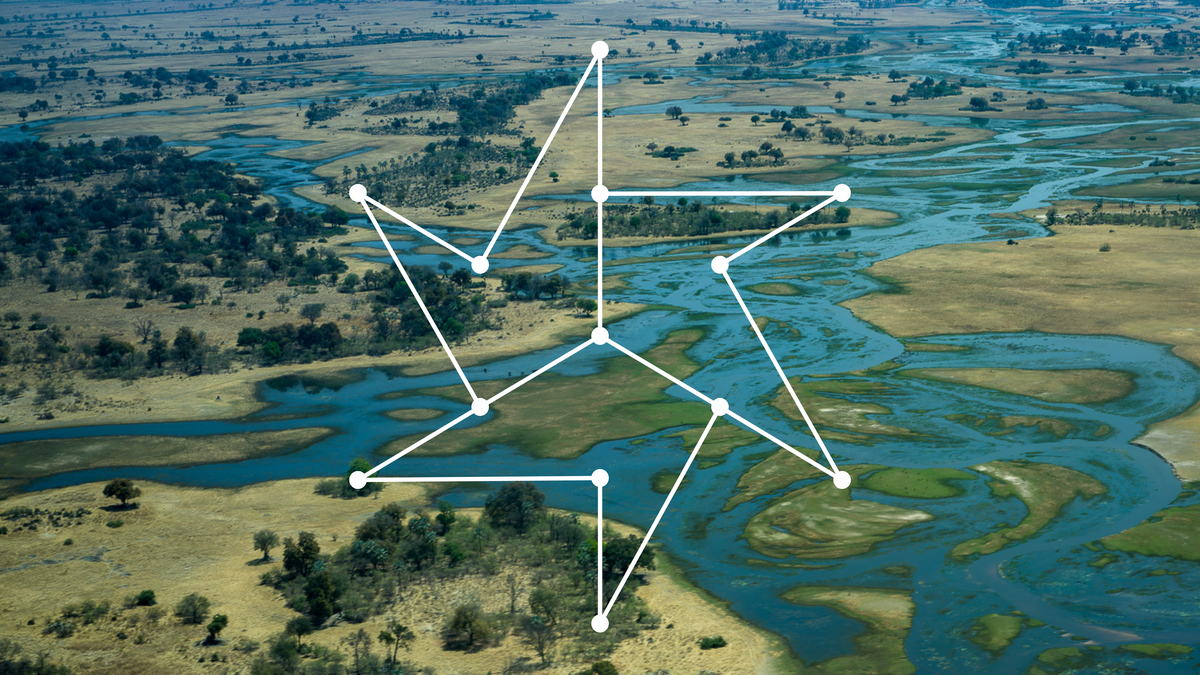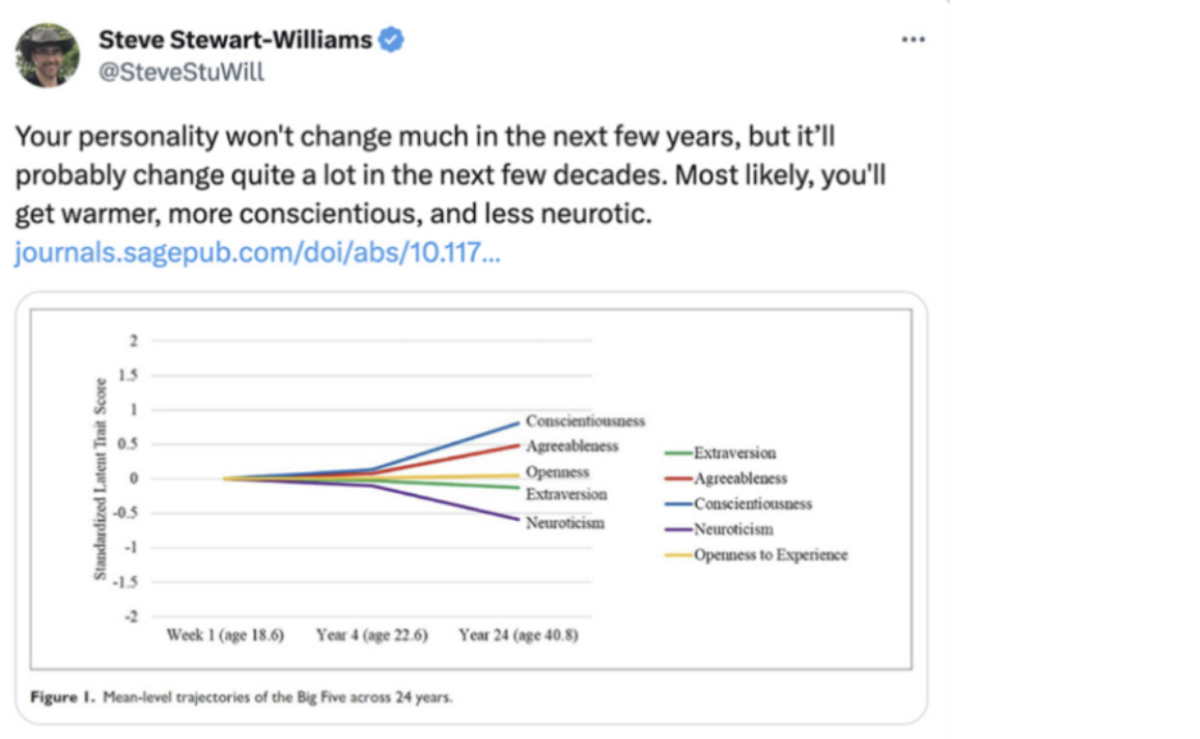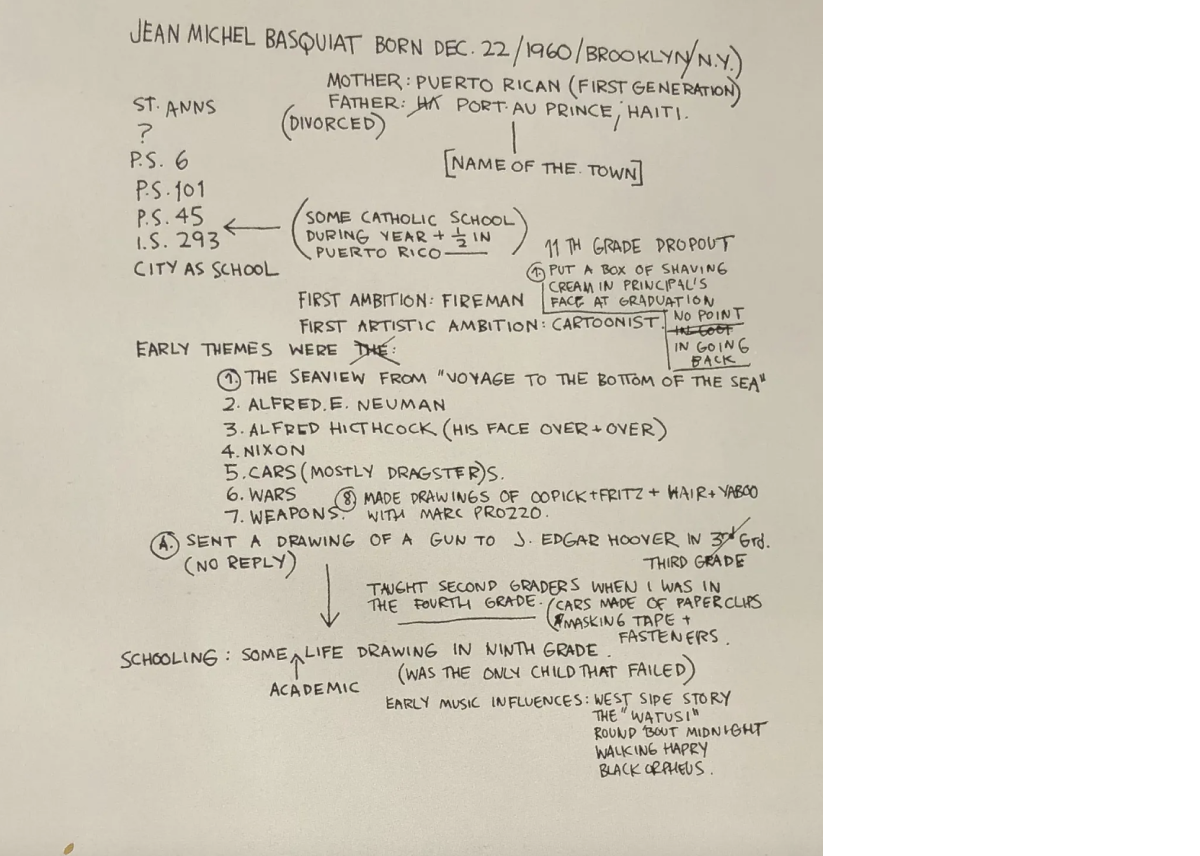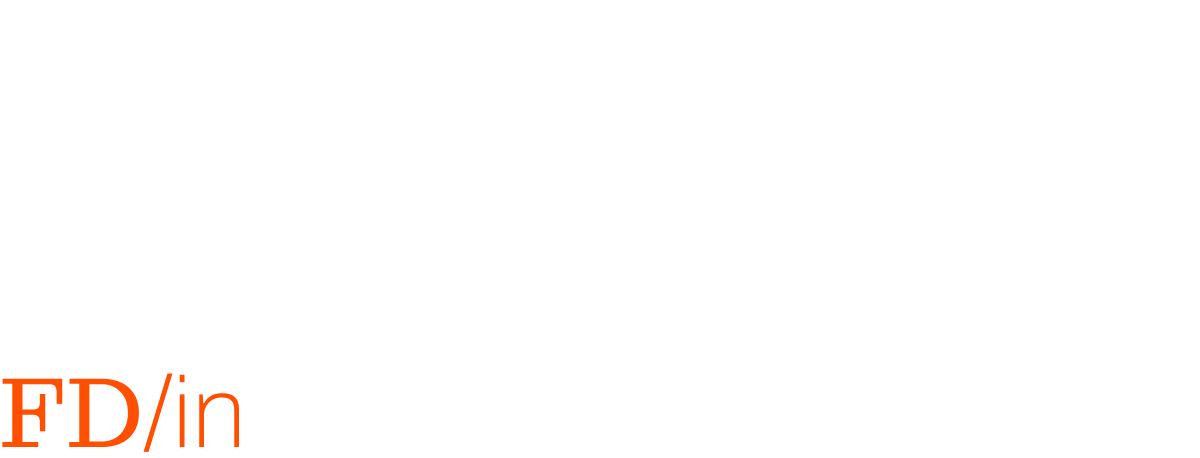Future Design Inquiries, September 2023

Hello from your friends at enso, a future design company, and thanks to those of you who voiced your support for this little side project.
For anyone new here, we’re sharing the things that make us think, bring us joy or shift our perspective. And we welcome your reactions, additions, and suggestions – reach out news@enso.co.
If you no longer wish to receive our periodic updates, you can unsubscribe by clicking the link at the bottom of our emails.
What we’re reflecting on: These nuggets are curated by enso partners Hanna Siegel (HS) and Sebastian Buck (SB).
Are elections bad for democracy?
That’s the headline of a new column by Adam Grant (yes, that Adam Grant) and I admit that I rolled my eyes, thinking it would be a contrarian’s take for the sake of it. But now I find myself… sort of convinced? The alternative, Grant argues, is ‘sortition,’ a real thing unrelated to Harry Potter. Apparently, in sortition (used by democracy inventors, the ancient Greeks), instead of voting on candidates, they’re chosen at random. Like jury selection, but with voluntary participation and a required test proving some level of competence. It seems insane at first, and yet the arguments are surprisingly compelling. Aside from the obvious fact that our current system clearly isn’t great at (consistently) picking excellent leaders, Grant makes a psychological argument for it, “When you know you’re picked at random, you don’t experience enough power to be corrupted by it. Instead, you feel a heightened sense of responsibility.” Hm. Public service over ego service. That sounds nice.
But is sortition really crazier than the electoral college system? It’s not like the person with the most votes wins as it is. Not to mention, the relatively functional governments of Canada and the Netherlands have been trying versions of this for years. Of course, the idea of taking away our right to vote feels as undemocratic as it gets. And yet, as Grant says, if the bedrock of democracy is the opportunity for everyone to participate, maybe trading our votes for the equal chance of actually leading is worth considering. As we enter an election cycle where four indictments may not be able to stop a second Trump era, I’m beginning to think it is. (HS)
Given climate change, where how should we live?
Where Should I Live?, by climate expert Bill McKibben explores the question that’s coming up more and more with each hurricane/wildfire/heat wave/tornado: Where can you live to avoid the worst of climate change’s impacts? The answer is nowhere and everywhere. There is no place to hide from climate change. Yet McKibben argues that the answer isn’t in the geography – it’s to live somewhere that the community is strong, united and compassionate enough to work together to keep their home and themselves safe and resilient. It made me think of the way our entire street came to help clear debris when a crazy windstorm hit our neighborhood. They are the same people whose help we’ll need every time a storm hits and the ones we’ll need to collaborate with to plan a more sustainable future.
So I guess the question of ‘where should I live?’ isn’t about the place, it’s about the people. In an era of pandemics, climate change, maybe even AI, our society needs to go back to a structure where we fight threats collectively and look out for each other as the default. Not just because it’s the right thing to do, and not just because the science says it’ll make us happier. But because it’s necessary for our survival. We saw glimpses of what this might look like in Covid, imperfect as the global response was. Maybe the ultimate weapon against climate change isn’t money or technology or even science alone – it’s each other. (HS)
Societal insecurity
Our friend and fellow future designer Sarah Kay recommended Why does everyone feel so insecure all the time?, which talks about ‘manufactured insecurity’ – the kind that is not inevitable just by being human but rather engineered by the design of our societal systems. Today, manufactured insecurity is a universal experience – it spares no one, no matter their financial state, because our current forms of capitalism + media often foster a sense of discontent and above all else. It made me think that perhaps this growing phenomenon helps explain the persistent dissonance between the sentiment and economic stability of the American public (for months now, constant pessimism in the face of increasing economic stability has been the general state of things). The solution, the author posits, is the same thing at the core of so many other solutions: meaningful relationships to face the world we live in together, tapping into shared vulnerability to produce greater strength. (HS)
A new kind of higher ed
Do you know someone entering retirement and struggling to find their new purpose in life? Top universities like Stanford and Harvard have a “post-career program” for that, and David Brooks explores it in this fascinating piece. The people – who are as affluent as you’d imagine they’d need to be to pay tuition and leave their families for a year to study their way through this transition – rave about them. They say the classes deprogram them to think of their self-worth as inextricably tied to their performance in the career rat race that our culture has worshiped for so long. (A bit ironic given that these very institutions contribute to that cultural phenomenon in glaring ways). Brooks is excited that these programs are starting to push back against the toxic values our society rewards – and I agree with him that there could be lessons there for the rest of us. But it has me wondering why there aren’t most ‘transition’ classes – opportunities to unearth your own values, determine what you want, and figure out what fulfills you – at that other big transition moment, adolescence. There is no question that our society needs to redesign our values and the systems that perpetuate them. Why not start with letting the next generation tackle that head-on in high school and college? (HS)
Will AI reduce inequality?
In our last newsletter, we mused optimistically on the idea that AI could lead to a reshuffling of the job hierarchy – with some traditionally lower status (and therefore lower pay) jobs, like teachers, rising to the top. Noah Smith’s recent piece illustrating how studies show that, so far, AI is a great equalizer, made me think maybe that dream was closer to reality than I’d thought. The studies, which span industries, all show the same thing: generative AI gives a bigger boost to lower performers than higher ones. This is important because, among other reasons, we all know that ‘high performance’ is related to so much more than just hard work: it’s about where you were born, who you were born to, the education you got, among myriad other factors that bring us to the wildly unequal state we live in today. So what if generative AI could level the playing field and help distribute the benefits to more than just a small slice at the top? Perhaps more importantly, now that this possibility is out there, how can we take control of AI’s development to ensure it does just that? (HS)
What price clarity?
My favorite podcast hosts interviewed my favorite non-fiction author, Yuval Noah Harari, on The Rest Is Politics, Leading (part 1, part 2). Of course, his typically precise, intriguing and provocative insights on the Israel crisis, the rise of populism, the corruption of social media, and the impact of AI on humanity. But what I was left reflecting on most is Yuval’s superpower: clarity. In a noisy world, he’s able to see the tectonic shifts beyond the immediate clamor. This clarity is the product of his wide-ranging curiosity, his understanding of long-run arcs of history, and his commitment to annual silent retreats and daily meditations (vipassana), which enables him to ‘detoxify the mind’. As we design the future, do we allocate enough time to calming the noise of modern life’s visceral ride? (SB)
Making space, Africa edition
On the subject of calming modern life’s noise, wife-Kerry and I just spent time in nature in Zimbabwe and Botswana. No internet, full sensory immersion in pure wilderness. As always with nature, there’s a sense that all the answers are there; it’s a curriculum I’m focused on pursuing and connecting the dots back to business/ culture. In the meantime, I’ll post photography from that trip, starting with images from the first camp, Nyamatusi at Mana Pools National Park, Zimbabwe, on the banks of the mighty Zambezi. (SB)
7 things that made us think, gasp, share and/or laugh:
• Aristotle’s 10 rules for a good life, including ‘Gentleness,’ ‘Truthfulness about yourself’ and, my favorite, ‘Greatness of soul.’ (Even the great philosophers loved a good listicle).
• This high schooler’s winning essay for The Free Press, A Constitution for Teenage Happiness (spoiler: it’s a pretty useful guide for adult happiness too).
• This fascinating and strangely comforting chart:

• Have you seen this guitar? If so, send a tip to The Lost Bass, a project to find “the bass that made the Beatles,” which is gaining so much momentum that even the NYT is covering it.

• This piece on the decline of Third Places in the US, and how to urban plan for social connection, including some compelling recs like: legalize public drinking (see: Europe), increase public restrooms, and give parks more amenities.
• How does someone achieve the heights of the medical and literary worlds? The New York Times describes Abraham Verghese’s secret as “a consistent, profound moral architecture of the spirit.” This 13-minute film from Sun Valley Writers Conference is an overview of a truly remarkable man.
• Jean-Michel Basquiat’s notebooks, including this, which he wrote when asked to put together a C.V.:

What we’re working on
enso is a small, senior team, so we work on just a few initiatives at a time. This allows us to go deep on some of the biggest challenges/ opportunities. Recently, we’ve been working on a few main missions with our partners:
1. Improving the culture of work: Only about ⅓ of people are thriving at work. That’s partly a market dysfunction because it’s too hard to see what ‘good’ looks like and where to find it. For the past few years, we’ve been working on how to change that by working with Indeed and Oxford on a Work Wellbeing Score for companies, and the 2023 Better Work Awards just came out, honoring the best companies for work wellbeing.

2. Rising to the climate challenge: In September, the first Global Stocktake found that we need to reduce emissions by 43% by 2030 in order to avoid the worst impacts of climate change. The challenge is huge, but so is the opportunity, and we’ve been working on how climate doom can be turned to climate action over these next 7 years.
3. Internet everywhere: despite a couple of decades of internet adoption, still ~⅓ of people are not connected at all, and many more struggle with bad connectivity.
4. Design The Future book: while many people have a positive intent for the world, some people have a practice to realize potential. We are working on a book to distill wisdom from preeminent future designers so that everyone can learn from their mindset, principles and practices. If there’s a future designer we should include, let us know.
See you next time.

Future Design Inquiries is a newsletter by enso.
115 W California Blvd #9101 Pasadena, CA 91105
